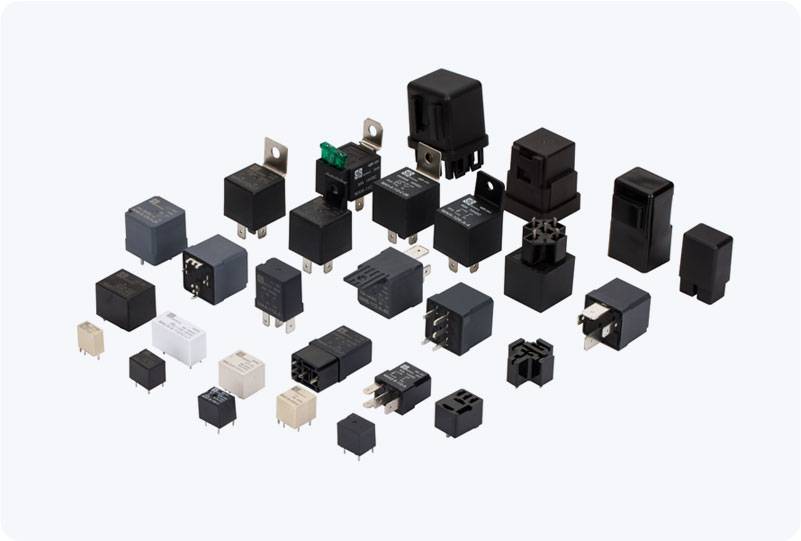A Motor Starter Relay is an essential electrical device used in controlling and protecting electric motors. It is primarily designed to control the startup and shutdown of motors, providing essential protection from overloading and other electrical faults. The relay ensures that motors operate safely and efficiently, playing a crucial role in various industrial and commercial applications. In this article, we will explore the key functions, components, and benefits of the Motor Starter Relay and its significance in motor control systems.

What is a Motor Starter Relay? A Motor Starter Relay is a switching device used in electrical circuits to start and stop electric motors safely. It typically works in conjunction with a motor starter, often including a contactor, overload relay, and other protective devices. The relay allows a motor to start smoothly and provides overload protection by disconnecting the motor from the power supply in case of a malfunction, preventing potential damage. How Does a Motor Starter Relay Work? The primary function of a Motor Starter Relay is to control the operation of electric motors. The relay works by energizing or de-energizing the circuit that powers the motor.